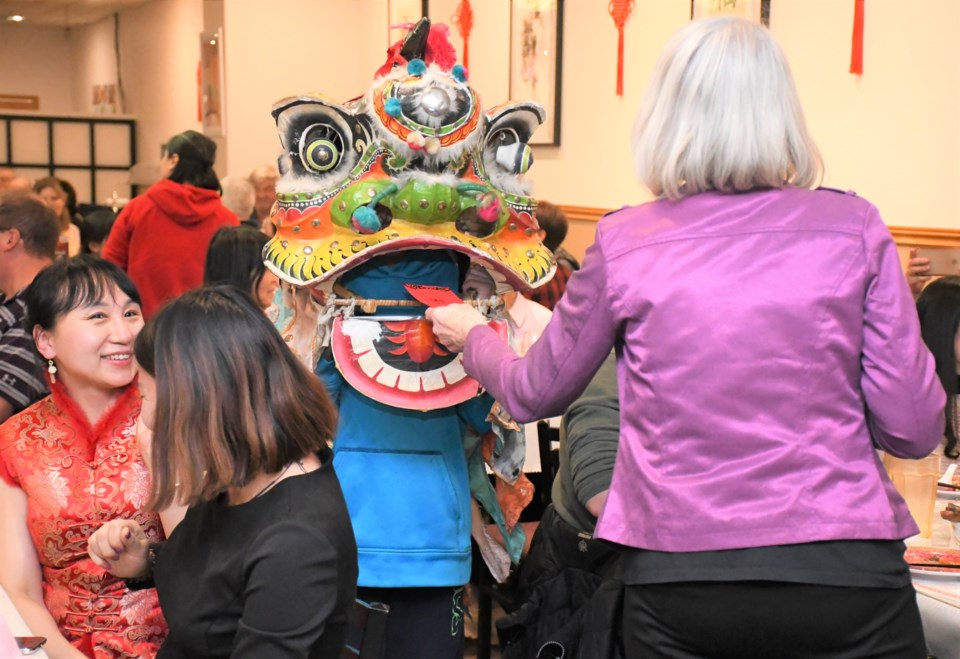For a second-straight year, residents will not be able to celebrate Chinese New Year in a large community gathering because of the continued nuisance that is the COVID-19 pandemic.
Kim Chow, acting president of the original Moose Jaw Chinese Association, expressed regret about not holding the well-known event, which normally features mouth-watering food, colourful ornaments and the drum-thumping Lion Dance.
The last time the association held a Chinese New Year celebration in person was in February 2020, which helped usher in the Year of the Rat.
This year is the Year of the Tiger and focuses on anyone born in 2022, 2010, 1998, 1986, 1974, 1962, 1950, 1938 and 1926.
The tiger is the king of all beasts in China, while the zodiac sign tiger is a symbol of strength, exorcising evils, and braveness, according to chinahighlights.com.
“The original Moose Jaw Chinese Association would like to wish everyone a very happy and prosperous new year,” Chow said by email, including the phrase “Gung ho fat choy (Happy New Year)!” in his message.
The association is likely eager to hold an in-person New Year celebration soon, considering many new members have joined within the past two years, as Chow pointed out last year. More Chinese than non-Chinese people attended the February 2020 banquet for the first time.
The original Moose Jaw Chinese Association was founded in the 1880s during the arrival of Chinese immigrants and should not be confused with another group in Moose Jaw with a similar name.
Most Chinese immigrants originated from Taishan, in Guangdong province on the southeast coast, which had been repeatedly ravaged with floods, earthquakes, plagues, typhoons, droughts, and civil wars during the late 1800s, according to the Canadian Museum of Immigration. The Chinese saw Canada as a refuge with opportunities for a better life.
One group that sprang up was the Chinese Benevolent Association, designed to connect the ethnic community. Sometime in the 1900s, the group changed its name to the Moose Jaw Chinese Association (MJCA).
Over the years, the association has organized or participated in activities involving Chinese and non-Chinese communities. This has included the New Year’s banquet, Christmas parades, fundraisers for people affected by natural disasters, Motif performances, Canada Day, and Sidewalk Days.
According to cultural sources, the lunar new year or spring festival is the most important holiday for Chinese people. They usually rush back to their hometowns with gifts for family and relatives and spend seven days celebrating and reconnecting.
On New Year’s Day, families sit down for a sumptuous nine-course meal, while children and youths receive money in a red envelope called Hong Bao.
Before that, however, people thoroughly clean their homes, decorate with red ornaments, cut their hair and buy new clothes to wash away back luck and welcome good luck for the year. However, this must be done before New Year’s Day — Feb. 1 this year — otherwise, they invite bad luck.
Respect and food offerings are given to a family’s ancestors at altars and to various deities or gods on New Year’s Day, while firecrackers are also set off.
Even though there won’t be an in-person celebration this year, Chow wishes everyone Xīnnián kuàilè (Happy New Year), Zhù xǐ fācái (good fortune) and Shēntǐ jiànkāng (good health and long life).




